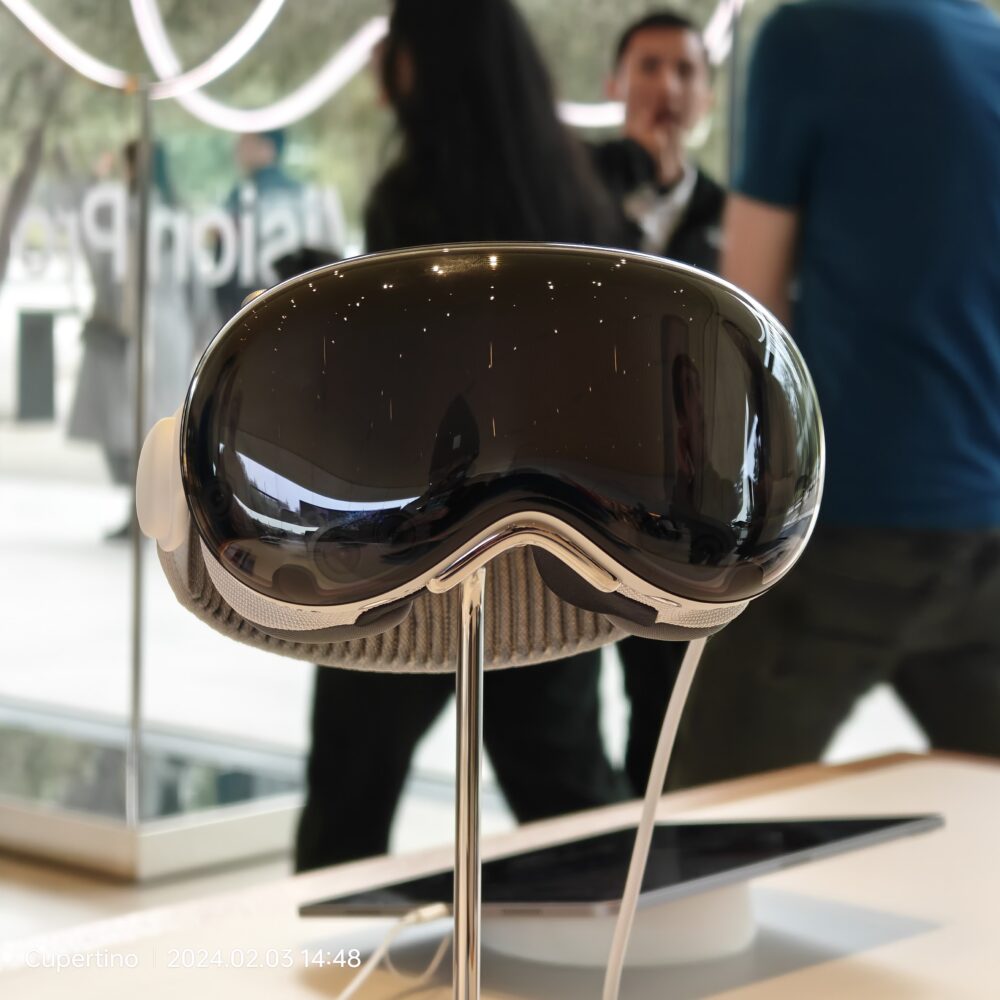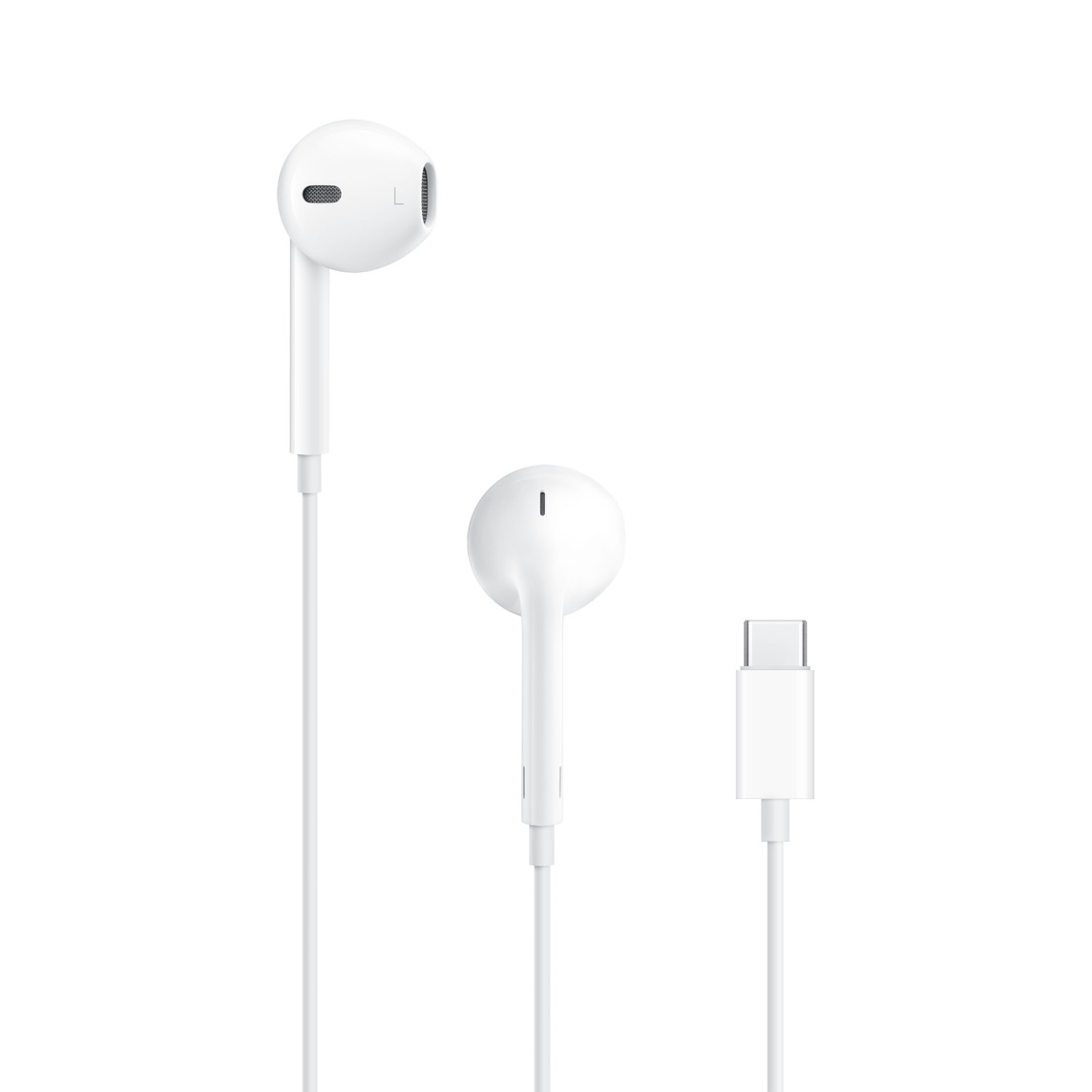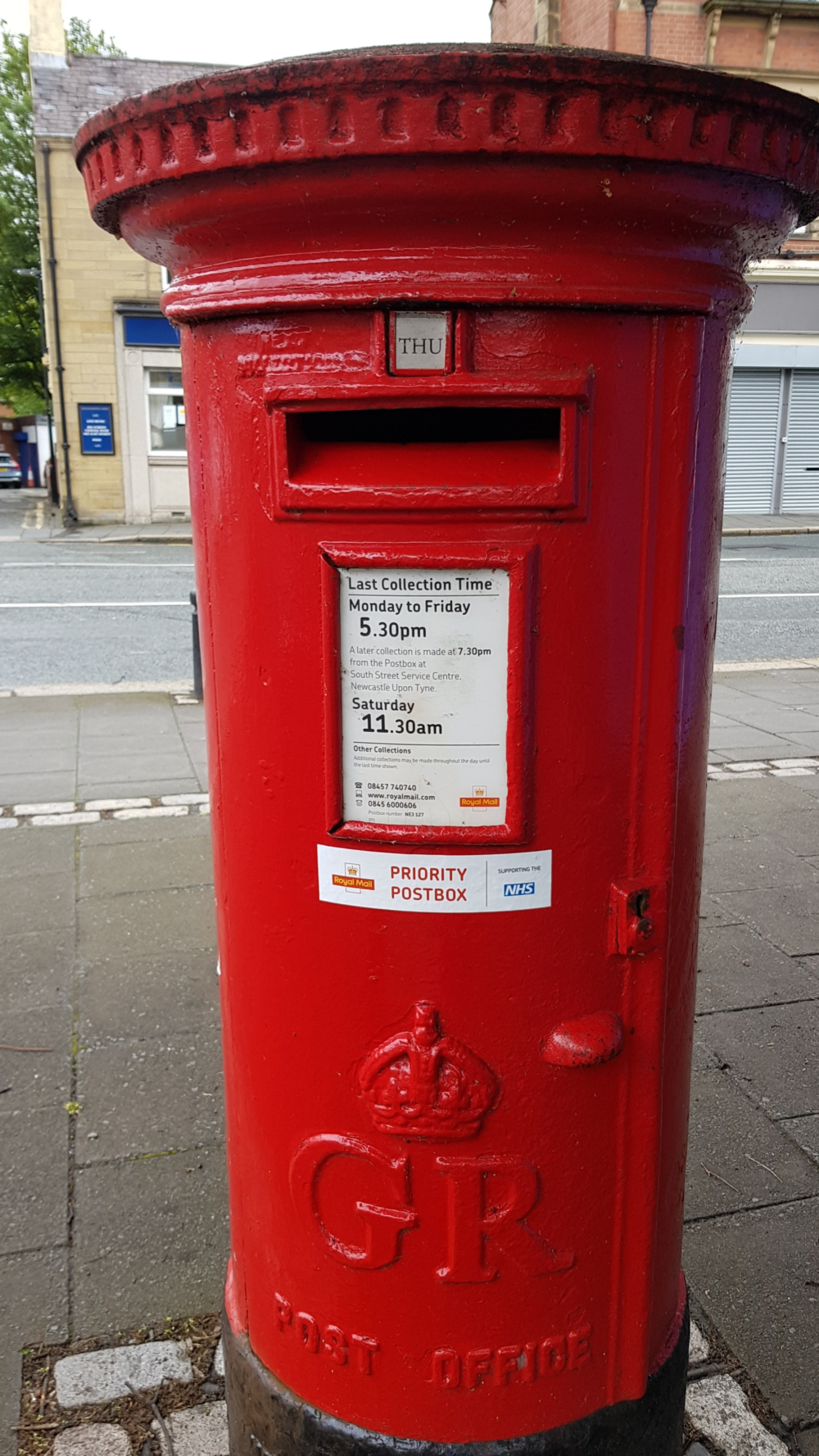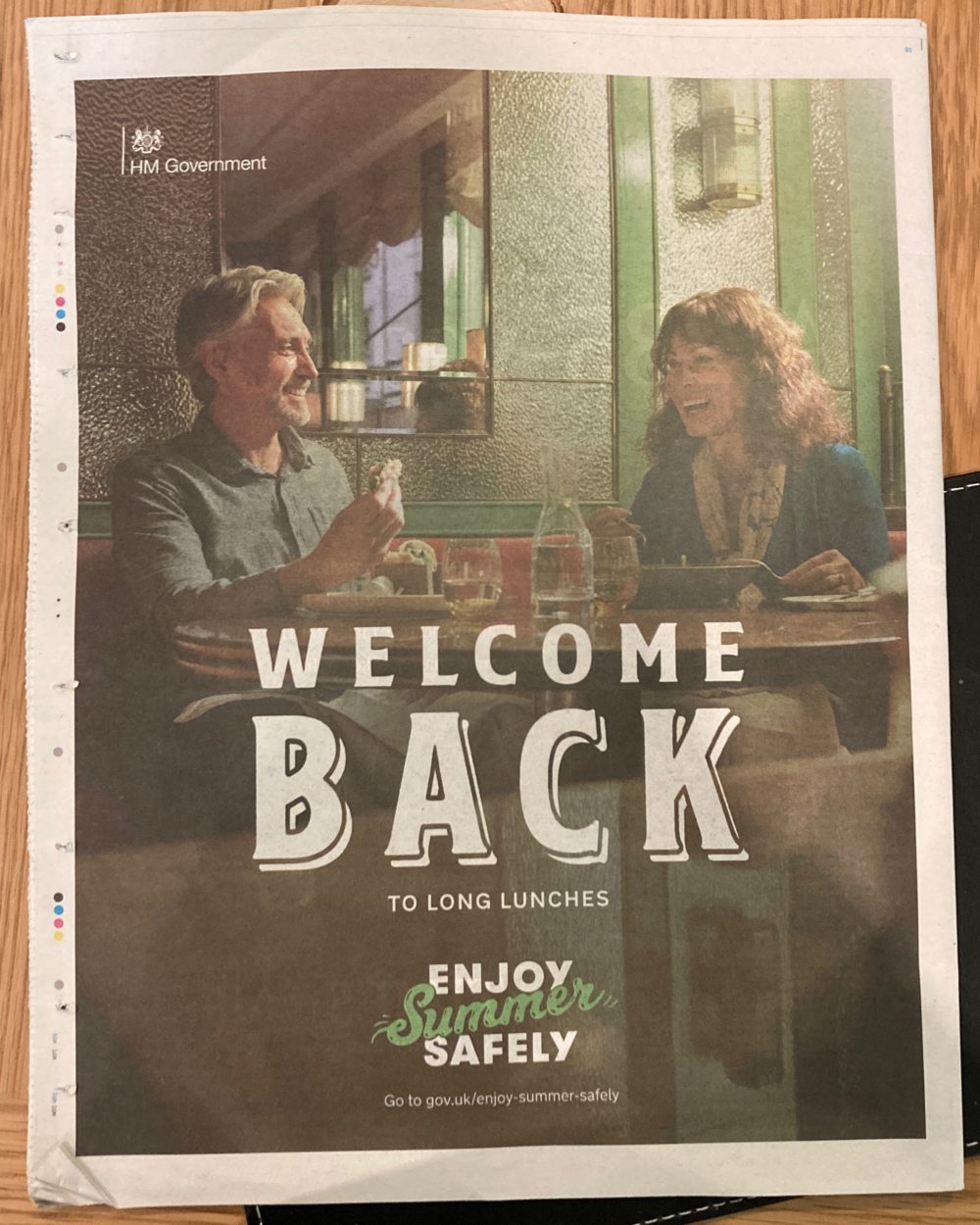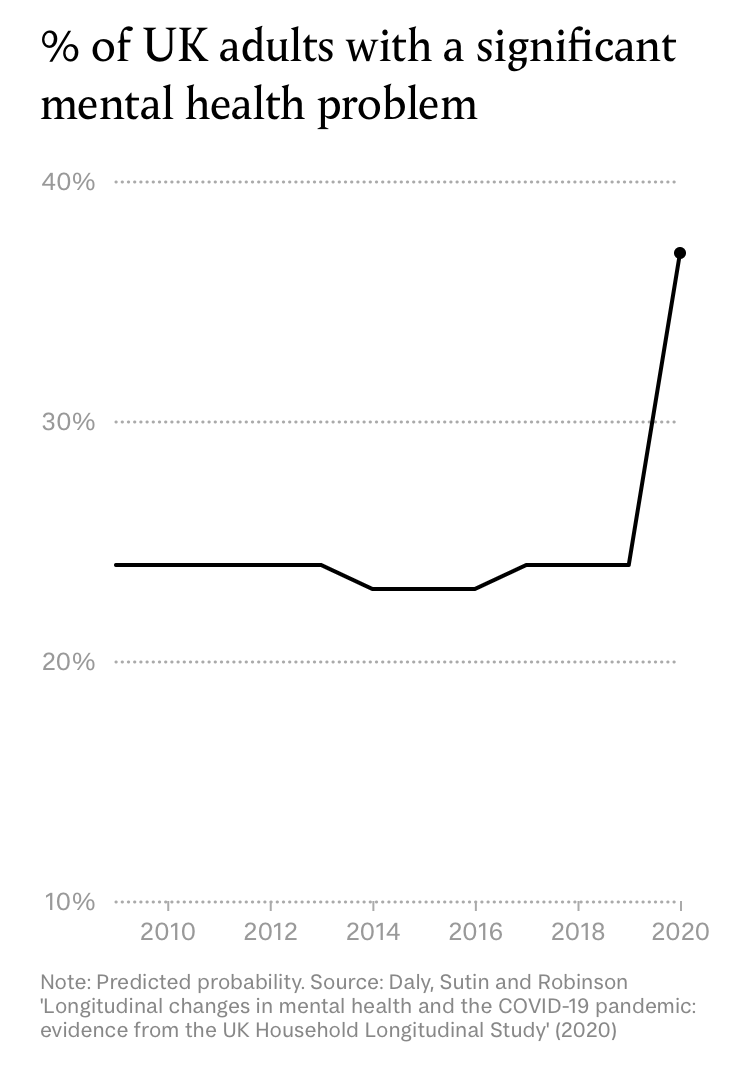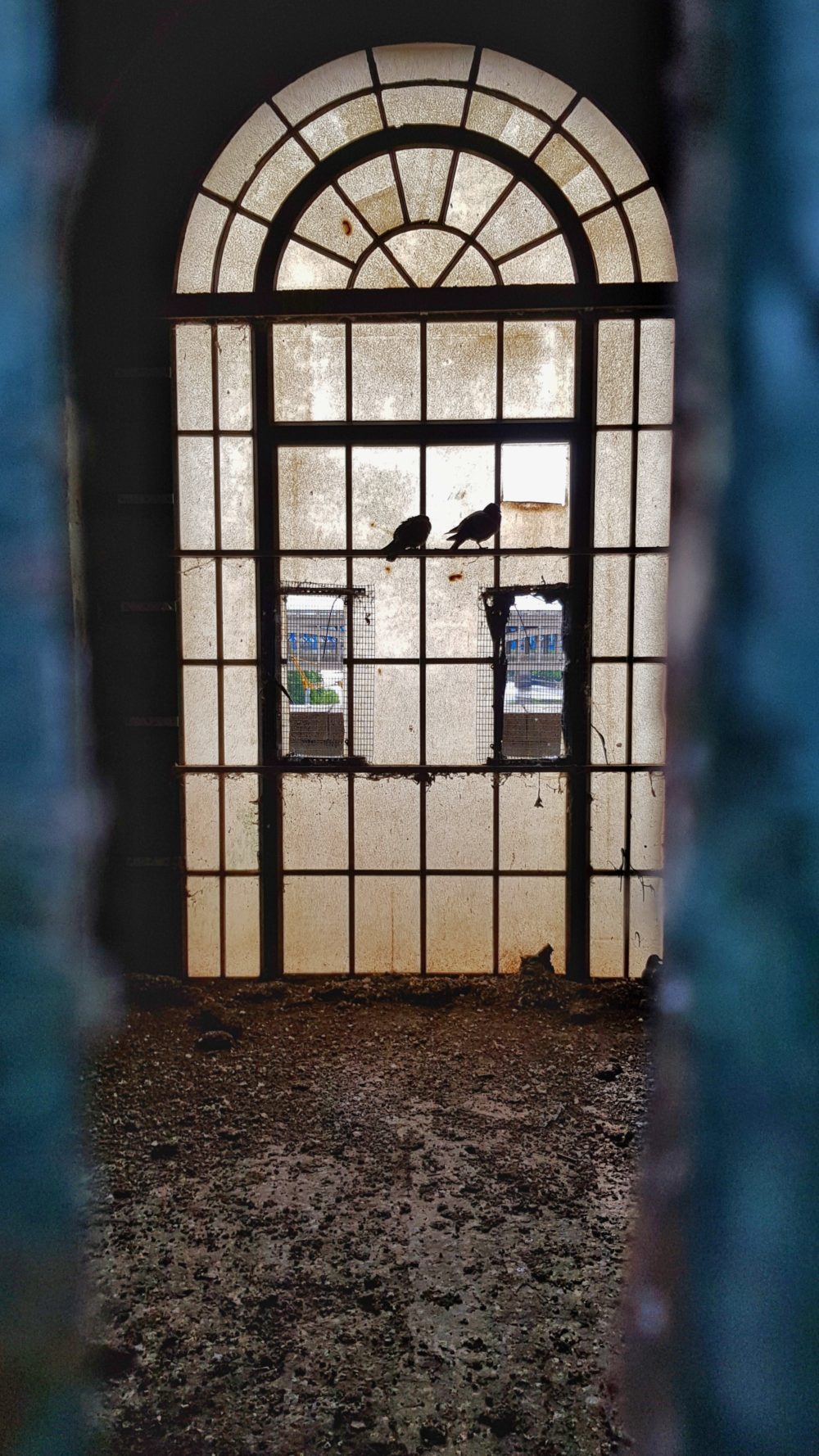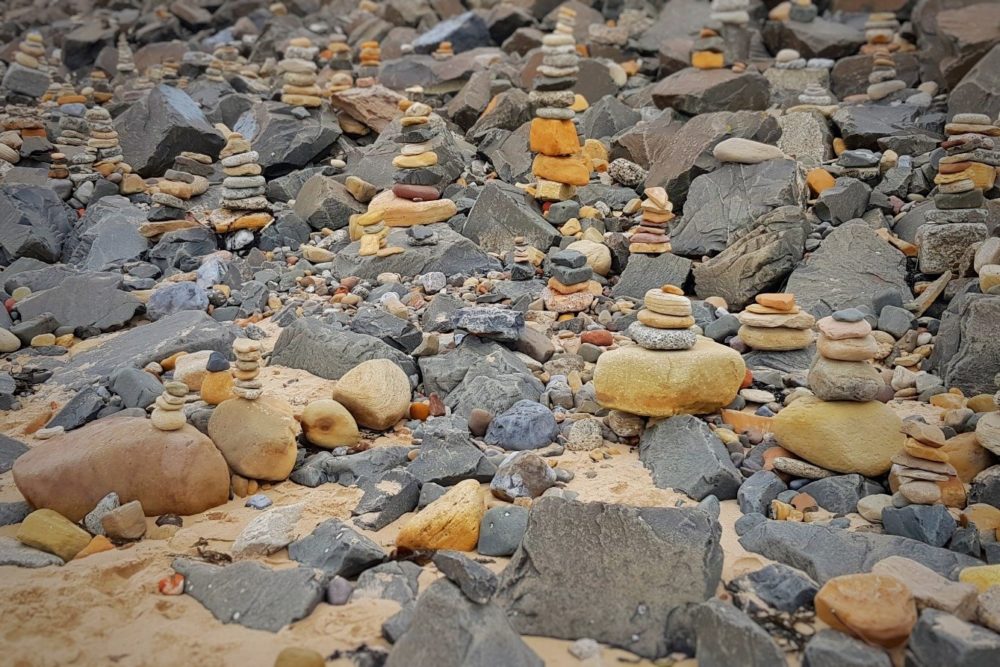A crushing realisation
Apple recently released an advert for a new iPad, and it seems it’s like a Rorschach test for our times.
The first I heard of this advert was when I saw this article in the FT, reporting that Apple had apologised for it. And so I sought out the advert. The message I got from it? Apple has managed to fit a load of different tools and functions into an extremely thin device. I wasn’t offended by it, but thought I could see why others would be: wanton destruction of perfectly good instruments, tools etc. In a world of limited resources, and from a company that preaches about sustainability, it’s not a good look, even if it’s all just visual effects.
But it turns out that I was wrong. The controversy was related to a different metaphorical interpretation of the advert. As Tedium explained:
Apple’s infamous “Crush” ad deeply misunderstands the role of the hydraulic press in meme culture.
I’m completely ignorant of the role of hydraulic press in meme culture. It turns out that there’s a whole industry around videos showing hydraulic presses crushing things. I did not know this existed. I’ve heard of Will It Blend—but I’m clearly behind the times when it comes to online video culture.
The ad doesn’t connect because the message it’s trying to promote is essentially completely at odds with our understanding of the hydraulic press, which we only understand as a device that breaks things in the most brutal way possible. There’s no intelligence at all, artficial or otherwise. It just crushes things.
Clearly, many people had viscerally negative reactions. TechCrunch called the advert ‘disgusting’. Where I saw a neat metaphor for packing functions into a device, others saw an enforced digital transformation:
Does your child like music? They don’t need a harp; throw it in the dump. An iPad is good enough. Do they like to paint? Here, Apple Pencil, just as good as pens, watercolors, oils! Books? Don’t make us laugh! Destroy them. Paper is worthless. Use another screen. In fact, why not read in Apple Vision Pro, with even faker paper?
Our social context can completely change the way we interpret the same piece of footage… and perhaps I’m getting old.
This post was filed under: News and Comment, Technology, Apple, Financial Times, Techcrunch, Tedium.
